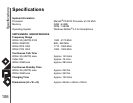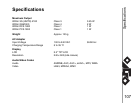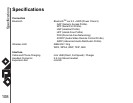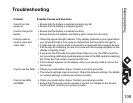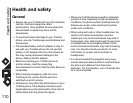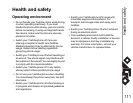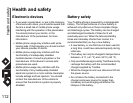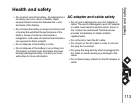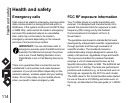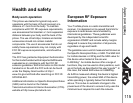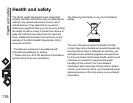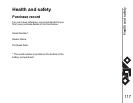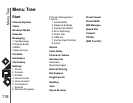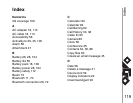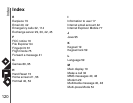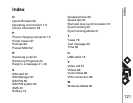
Health and safety
114
Health and safety
Emergency calls
Calls cannot be made to emergency services while
data communication is being performed within a
GSM area. If the system mode is set to UMTS Only
or GSM Only, calls cannot be made to emergency
services if the selected network is unavailable.
Also, calls may not be able to be made to
emergency services depending on the network
services of some service providers.
There is no guarantee that a connection can be
established in all countries and areas because
operation of your phone differs depending on the
wireless network, wireless signal and your setting
status. Do not rely solely on your mobile phone
when you need to make emergency calls.
FCC RF exposure information
Your Toshiba phone is a radio transmitter and
receiver. It is designed and manufactured not to
exceed the emission limits for exposure to radio
frequency (RF) energy set by the Federal
Communications Commission of the U.S.
Government.
The guidelines are based on standards that were
developed by independent scientific organisations
through periodic and thorough evaluation of
scientific studies. The standards include a
substantial safety margin designed to assure the
safety of all persons, regardless of age and health.
The exposure standard for wireless handsets
employs a unit of measurement known as the
Specific Absorption Rate, or SAR. The SAR limit set
by the FCC is 1.6W/kg. The tests are performed in
positions and locations (e.g., at the ear and worn on
the body) as required by the FCC for each model.
The SAR value for this model handset when tested
for use at the ear is 0.218W/kg and when worn on
the body, as described in this user guide, is 1.439W/
kg.
IMPORTANT: You can still make calls to
emergency services when the SIM card is not
inserted, the SIM card is locked, the phone
lock is set, Fixed Dialling Numbers is set,
Flight Mode is set or Call Barring Service is
set.



